Click to Skip Ahead
The Owl Finch, or Bicheno Finch, is one of over 140 species of Finches. They are native to Australia, where they live in large social groups. As pets, they are quite low-maintenance and don’t like to be handled by humans.
However, they require a significant amount of space and the companionship of other birds. If you can meet their needs, Owl Finches can be entertaining and interesting pets. Read on to learn more about them!

Species Overview
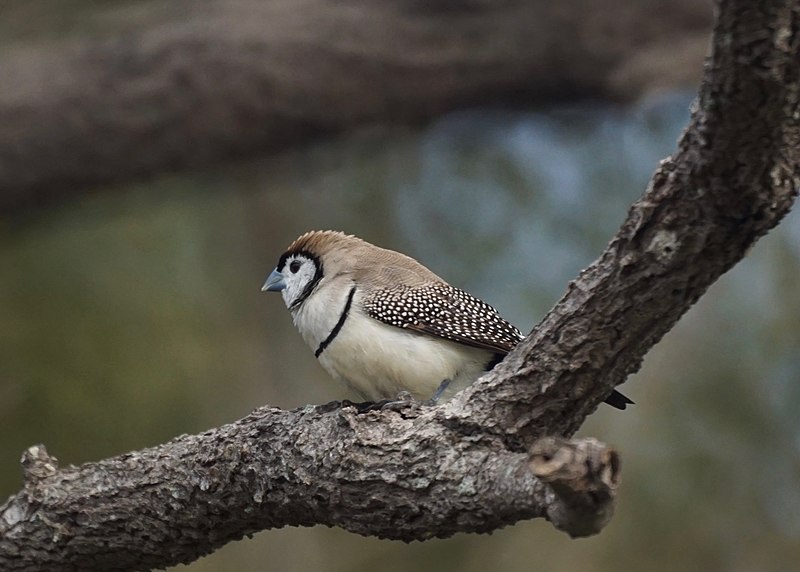
| Common Names: | Owl Finch, Bicheno Finch, Double-Barred Finch |
| Scientific Name: | Taeniopygia bichenovii |
| Adult Size: | 3–4 inches, ½ ounce |
| Life Expectancy: | 8–10 years |
Origin and History
These Finches originated in Australia. They are still found throughout the north and eastern parts of the country, primarily in woodlands and grasslands. The Owl Finch is part of the Estrildidae family. Of the more than 140 species of Finch, those from this family are most commonly kept as pets.
In the wild, the Owl Finch is social and lives in groups with other Owl Finches and Finch species. They love to build dome-shaped nests. Interestingly, they will usually make their nests near wasp nests, which is likely to help protect them from other predators.
Temperament
The Owl Finch is friendly and likes to spend time with other birds. They don’t enjoy human handling, so they are best kept as pets by people with experience and a full aviary of space to meet their activity needs.
They are cheerful and relatively easy to care for as long as they have enough space and avian companionship. Bird owners can enjoy observing their social interactions and listening to their sweet singing.
- Easy to care for
- Generally healthy
- Fun to watch
- Don’t like handling by humans
- Need plenty of space
Speech & Vocalizations
The Owl Finch is very talkative. They make strange “tooting” sounds to maintain contact with each other. Their call often sounds more like a cat meowing than a bird’s chirping. The female Owl Finch doesn’t sing, but the male does.
Owl Finch Colors and Markings
The Owl Finch is named for their resemblance to an owl. They have a white face with a black band circling the outer part of their face, continuing around their chin. There is also a black band across the front of their chest.
The rest of the head, neck, and back are dark brown to black with white spots. The chest is silver, and the tail is black. They appear to be wearing yellow underpants.
- White-rumped: This mutation has a white rump under the black tail.
- Black-rumped: This mutation has a black rump and black tail instead of white or yellow.
- Fawn: The fawn mutation produces birds with light brown feathers in all areas that are usually dark in the standard version of the Owl Finch.
In all versions, the male and female Finch look the same.

Caring for the Owl Finch
Owl Finches are sweet, friendly birds. They require plenty of space and company to remain happy and healthy. They are best suited for an aviary or other large space, more so than in a small cage in your home.
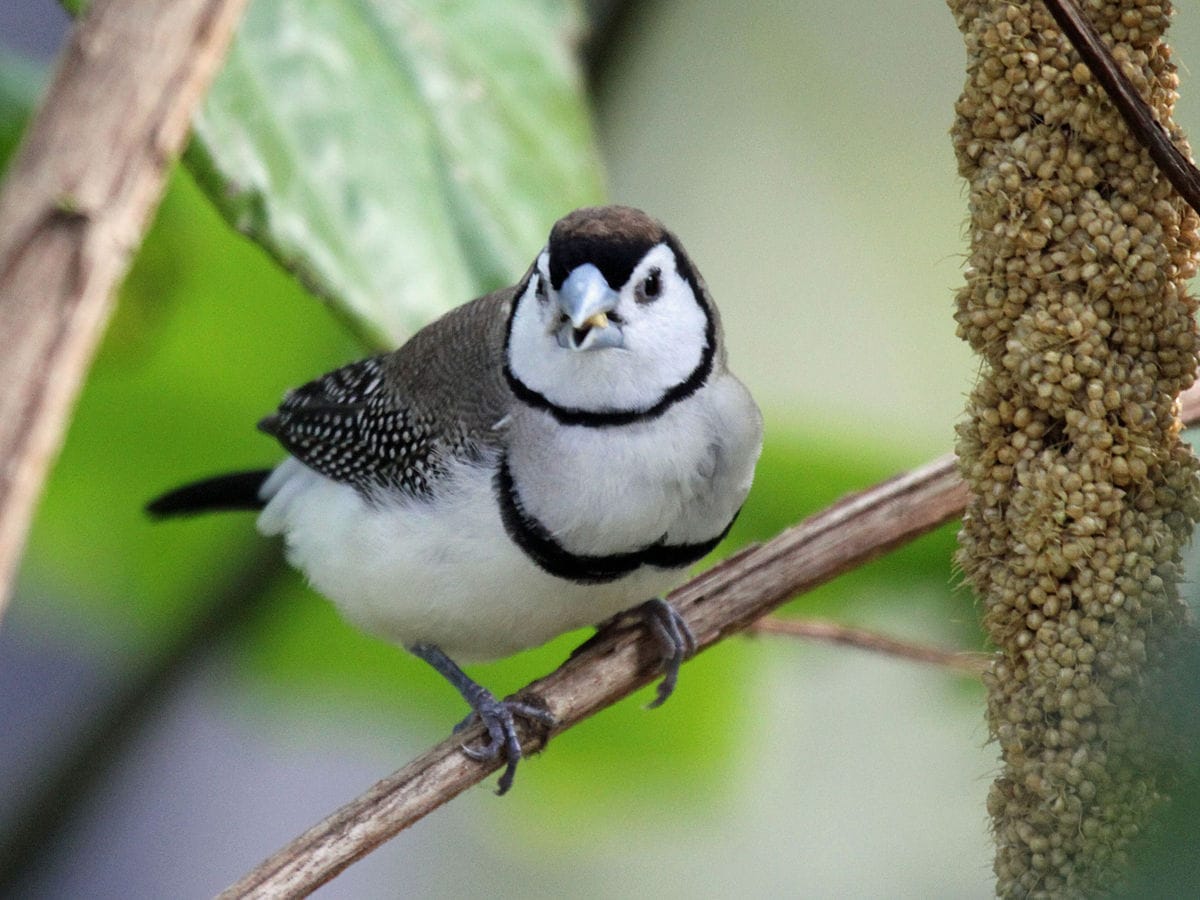
Pairing
You can pair the Owl Finch with another Owl Finch. They will get lonely and depressed if they live alone. You can even pair them with other species of Finches and Canaries. They are peaceful birds and won’t usually cause any problems.
The only situation where there might be a territorial issue is if you keep four Owl Finches or two couples. They may get competitive with one another. However, birdkeepers have found this problem is easily remedied by adding a third pair.
Cage
The Owl Finch is a small bird, but they need a great deal of space. It is recommended that they live in an aviary or a large cage with plenty of avian company. They hate to be crowded, so the enclosure should give them plenty of freedom to move around.
They also need to be able to build their own nests, so you’ll have to supply them with dry grasses, coconut fiber, paper, and a wicker basket. They’ll happily use these materials to build nests. These Finches also cannot survive in extreme temperatures. They shouldn’t be kept in a place where the temperature dips below 65 degrees Fahrenheit or where it gets too hot.
Entertainment
The Owl Finch is a wild animal and, thus, doesn’t need as many toys or activities as other birds more commonly bred as pets. However, that’s not to say they should be in a bland enclosure. You should provide them with many plants, branches, and nesting areas. They also need materials that they can use to build nests because that is how they like to spend much of their time.
Grooming
The biggest grooming need for an Owl Finch is nail and beak trimming, which an avian veterinarian must perform.
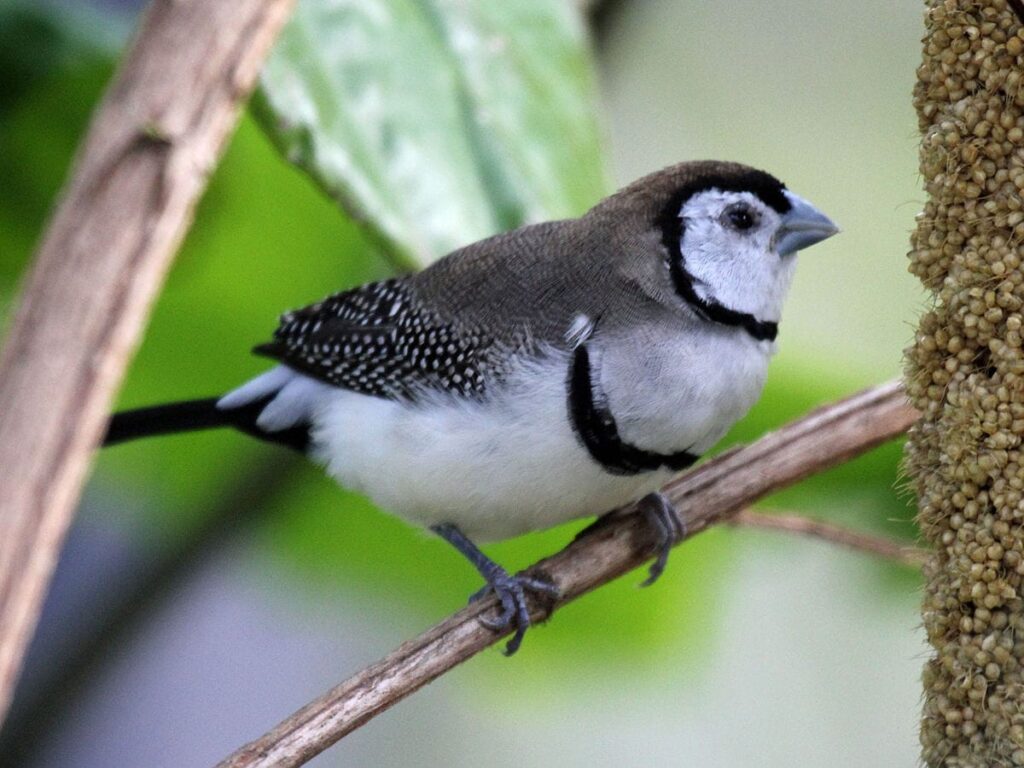
Common Health Problems
The Owl Finch is relatively healthy if kept in proper conditions. They need bird companions and plenty of space. If the conditions are right, the only illnesses they are prone to are:
- Egg binding: This is caused by a bird’s inability to lay their eggs naturally. Typically, a low-calcium diet is the reason. It can be fatal if not treated by a qualified veterinarian.
- Air-sac mites: These parasites can infect a Finch’s nose, throat, and lungs. In severe cases, they can be fatal. Less severe cases can still cause breathing problems and extreme discomfort for your birds.
Diet and Nutrition
In the wild, the Owl Finch primarily eats seeds. They may also occasionally eat worms and insects. In captivity, you should feed them a combination of seeds and bird pellets with occasional insect treats. They can also have fresh, green vegetables, like broccoli, spinach, and lettuce. You should provide them with a cuttlebone for calcium.
Exercise
The Owl Finch is active and needs plenty of room to fly around. They should be given as large of a space as possible. You’ll also need to account for the number of birds you are keeping together, as the Owl Finch hates feeling crowded.
While they make popular pets, it is best for their health to have an experienced bird owner with an aviary. This allows them the freedom to fly and socialize with other Finches. They won’t do well if they are kept in a cage that is too small for their needs.
Where to Adopt or Buy an Owl Finch
You can find Owl Finches at many pet stores and bird specialty stores. They are fairly common throughout the United States. There are also Owl Finch breeders from whom you can purchase a bird.
When you buy a bird, you should carefully observe their appearance and behavior for signs of disease or distress. Birds should be active and alert and have a clean, well-groomed appearance.


Conclusion
Owl Finches are popular pets because they are easy to care for and enjoyable to watch. You should always pair them with another Owl Finch to meet their social needs. A large cage or aviary is necessary to give them the space they need to thrive.
Featured Image Credit: Four Oaks, Shutterstock
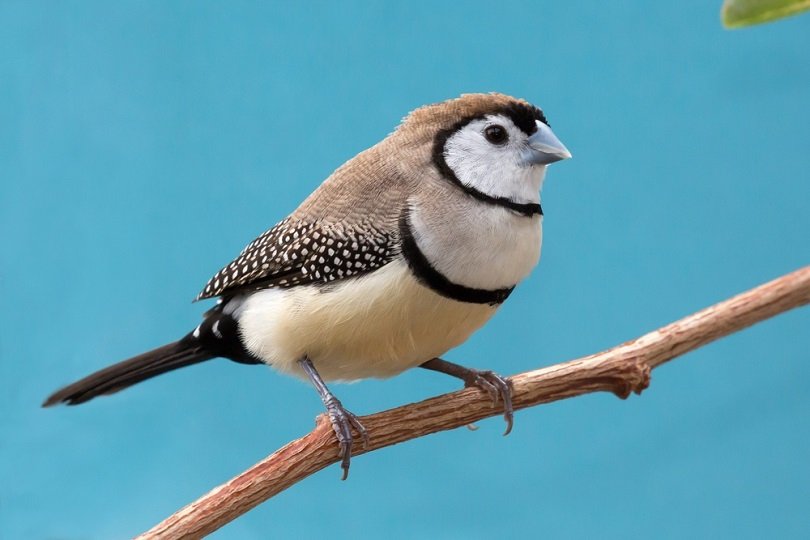





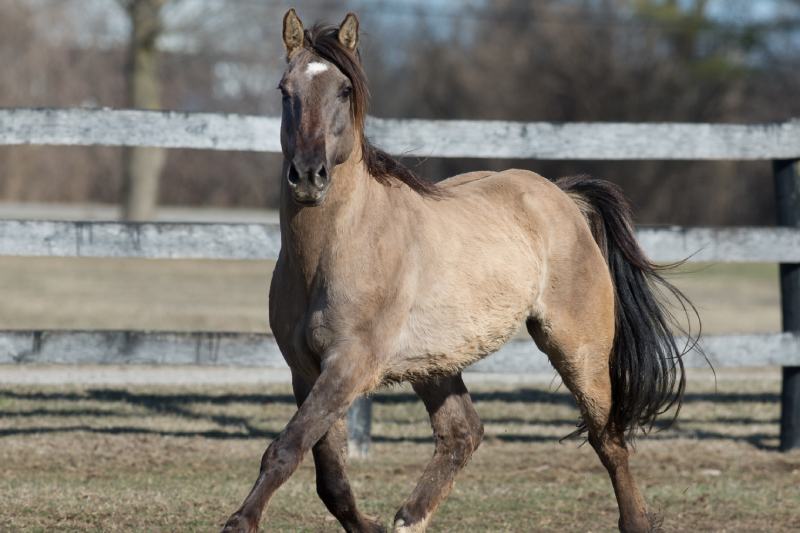
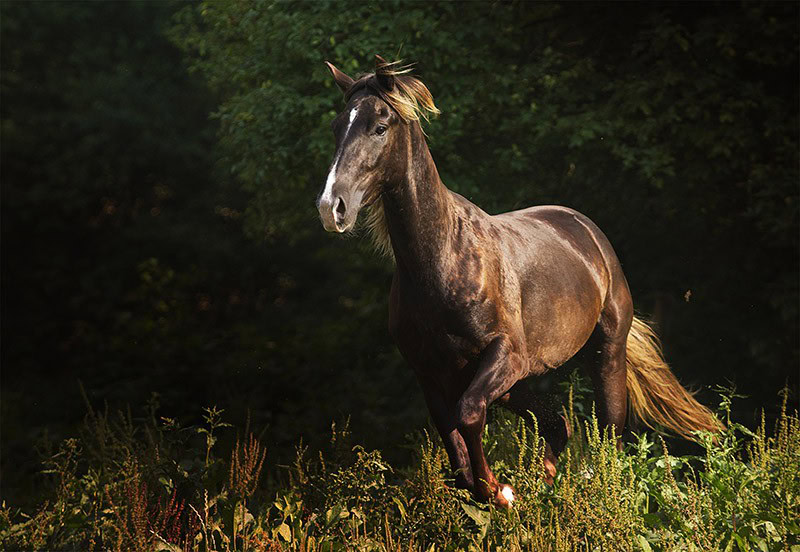
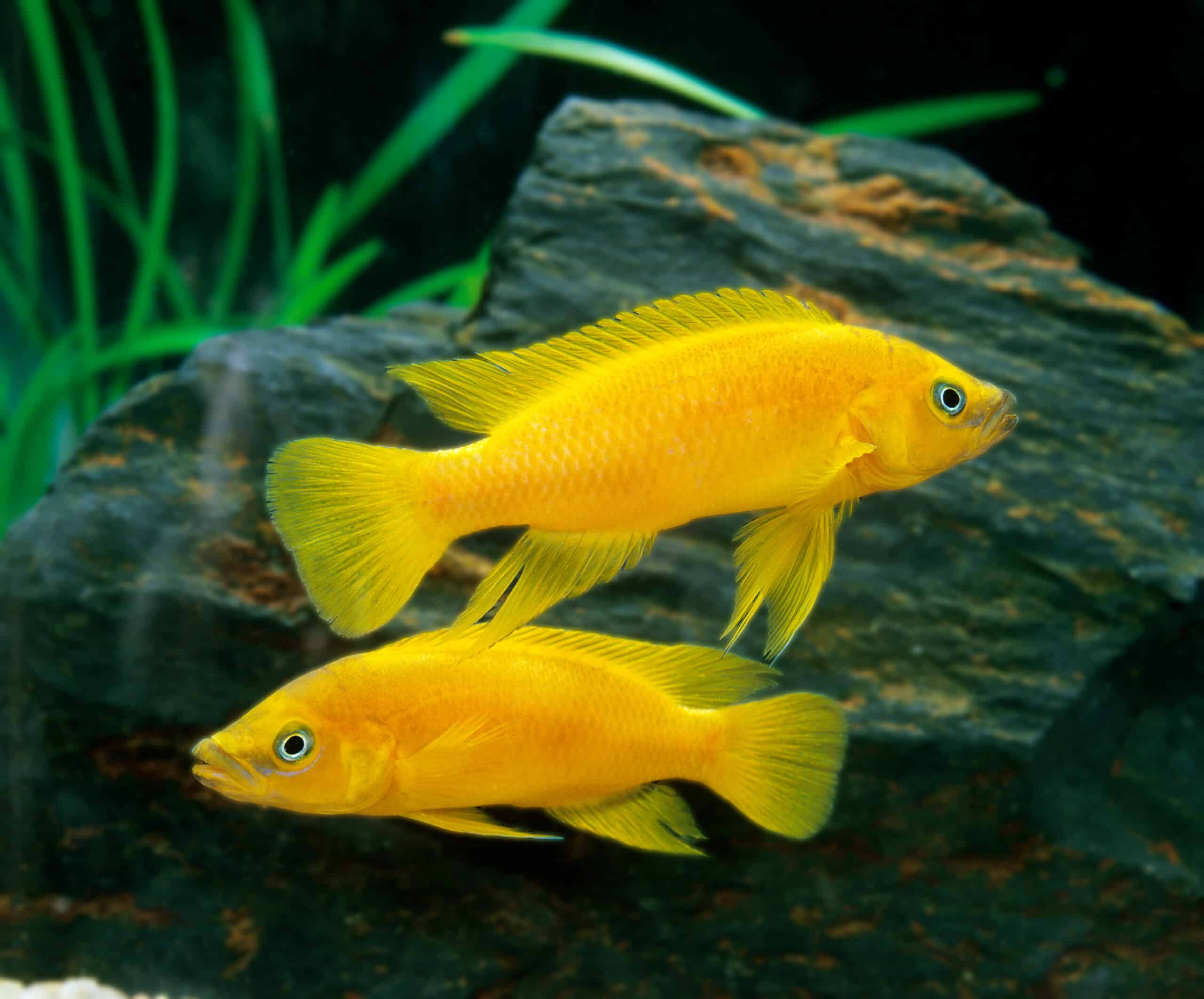


2 Responses
I’m still having trouble with the “singing” of the owl finch. I have two and they both yowl like a cat. Is the the male singing, or is it two females just making noise?
Hello Carol,
thank you for your message. We are sorry to hear about your trouble with your owl finches. Unfortunately, without hearing your birds first-hand, we are unable to tell, whether the sounds they are making are normal, or could be a sign of some potential issue. Our best advice would be to get in touch with exotic animal veterinarian and ask them directly. They will surely be able to help you.
Best of luck!